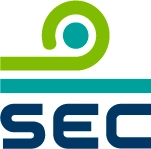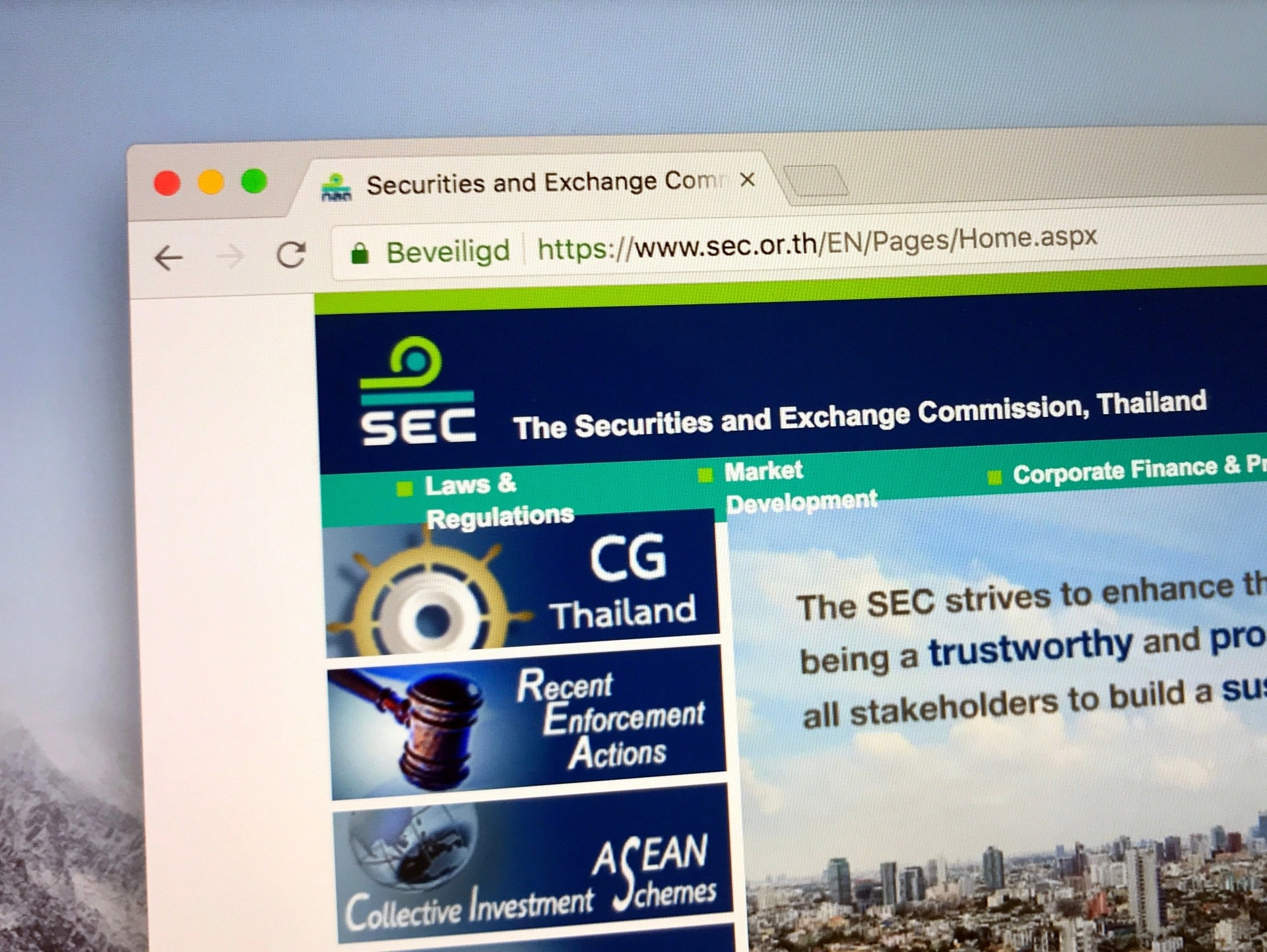- Thailand’s SEC has launched a new regulatory sandbox that aims to foster crypto innovation in the country
- The SEC said companies must send their submissions and the agency will review them within 60 days.
- The regulator will focus on qualifications in areas like capital adequacy and management structure.
- The framework is expected to serve as a model for other countries.
Thailand’s Securities and Exchange Commission (SEC) has officially established the Digital Asset Regulatory Sandbox. This regulatory framework provides a controlled environment for companies to test their crypto-related products/services.
The sandbox aims to promote innovation in digital asset services while ensuring effective regulation and balancing innovation with necessary oversight. The Sandbox is open to companies such as digital asset exchanges, brokers, advisors, and even custodial wallet providers.
Related: Bitcoin ETFs Gain Fresh Momentum Amid US Inflow Surge and Thailand Listing
Either way, any entity interested can submit applications to the SEC, which will review applications within 60 days, according to the press release.
Advertisement

The SEC will consider the participants’ qualifications in various areas, including capital adequacy, work systems, management structure, and conditions for relevant operations under the Sandbox to ensure that the participants are well prepared to provide services within the Sandbox framework.
 SEC Thailand
SEC Thailand
Participants will have up to a year to refine their services (with possible extensions) and must maintain continuous reporting and communication with the SEC.
Thailand Moves Forward With Crypto Plans
Crypto innovation seems to be gaining momentum in some parts of Asia. Thailand’s new framework is similar to Singapore’s regulatory sandbox, established by the Monetary Authority of Singapore (MAS).
Similarly, the initiative aligns with Thailand’s broader strategy to foster financial innovation and support crypto adoption. It could serve as a model for other countries looking to integrate digital assets into their financial systems.
In general terms, the Thai government—through the central bank and the SEC—has adopted a supportive stance towards crypto. Nevertheless, it has implemented strict regulations to ensure the country’s financial stability—which is fairly reasonable, to say the least.
Related: Breaking: Brazil Approves World First Spot Solana ETF
All in all, the sandbox is expected to play a crucial role in shaping future crypto regulations in the country. It’s been reported that 9.61% of the Thai population, about 6.9 million people, own crypto, which is fairly high compared to most countries nowadays.




